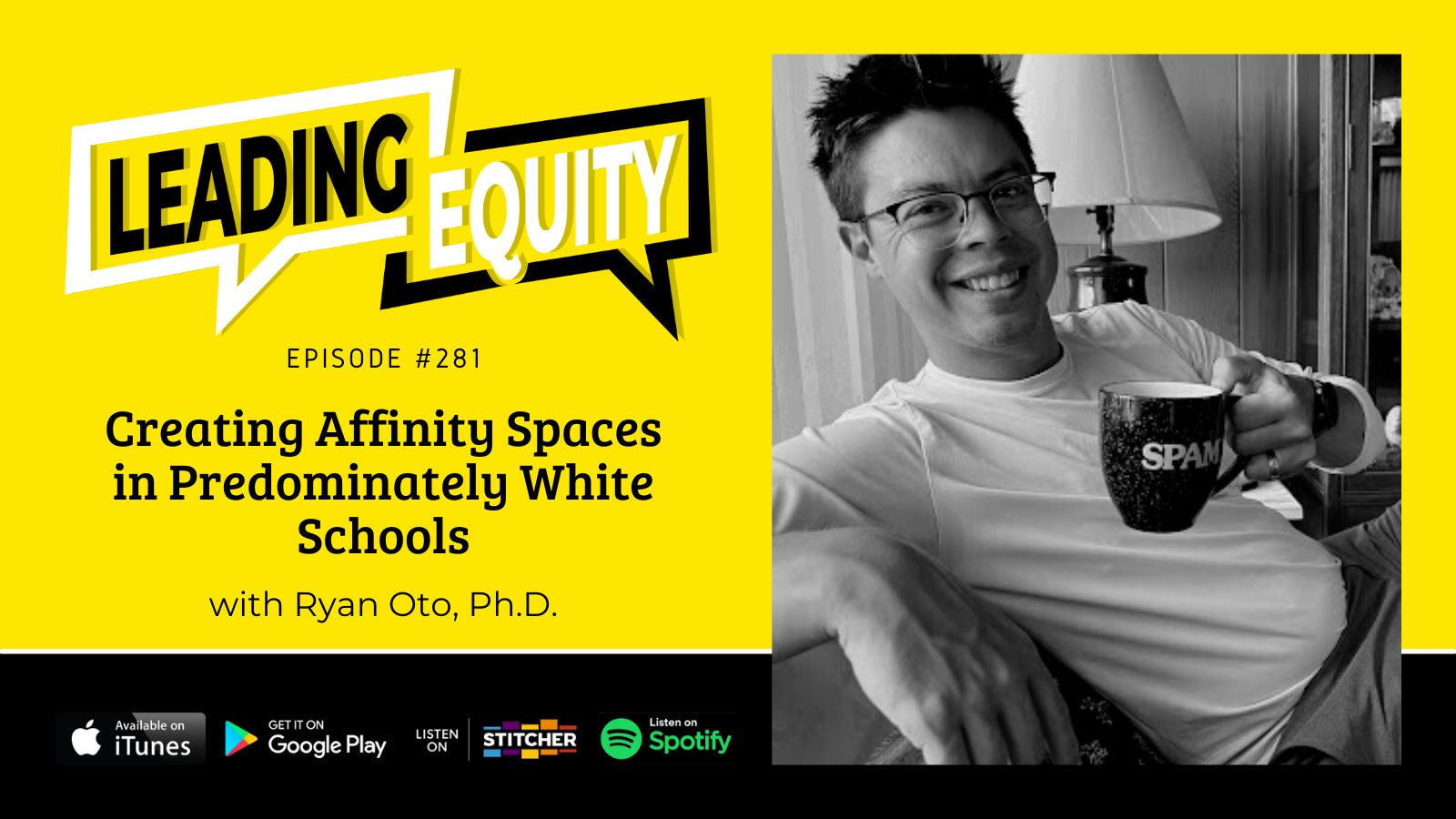It's about time

|
Hey Advocates, It's been a busy week. A special shoutout goes to EnCorps STEM Teachers Program, Ames School District, and North Beach Elementary School. Looking for a keynote, webinar, or training? Let's chat. I was perusing the news like I always do and stumbled on this article by Adam Shaw of Fox News, "California bill would allow Mexican students near border to pay in-state community college tuition." The legislation proposed by David Alvarez, San Diego Assemblymember, "would allow low-income students who live within 45 miles of the state's border with Mexico to be exempt from the nonresident tuition fee if they have 'demonstrated a financial need for the exemption.'" Alvarez points out how living by the border; there is a "need to educate more students to fill the jobs required for growth." In a press release, Alvarez's office stated that to meet the 2030 demands of San Diego's economy, the number of people with post-secondary education needs to double. Currently, Southwestern College is supporting the legislation. Superintendent and President of the college, Dr. Mark Sanchez agrees with Assemblymember Alvarez, who said, "Expanding affordable access to low-income, binational students will make a significant contribution to our region's binational workforce and economy." Transparently, I had to read the article twice to make sure what I was reading was accurate. If California benefits from the labor of binational individuals, then why not provide access for them to gain a degree to further their income and simultaneously boost our economy? It's about time. What does it mean to extend opportunities to folks when in the grand scheme, it helps everyone? Such as how colleges and universities accept undocumented students recognizing that their immigrant status should not be a hindrance as their brilliance will only enhance their college campuses. What are small ways we can work on this in our classrooms? It could be having words in different languages so all students learn the basics and our multilingual learners feel more comfortable. What are the significant ways we can shift our school cultures for the better? Legislation like Alvarez's acknowledges that equity, meeting students where they are, is necessary. Folks may have opportunities for higher education, but it does not mean that they are accessible or attainable if they do not receive specific support to excel. And if we need more students to graduate with degrees to help our greater society, then we must create an intentional policy that mirrors that. So, take a look at your classroom and school; how are you meeting your students where they are? How is the school administration meeting students where they are? What needs to change to ensure students who are being left behind are successful too? Let's engage in conversation. The Leading Equity Center offers many services around affinity spaces, educator professional development, online course, keynotes, and much more. Let us help you take that first step together. Book a free 30-minute consultation, and let's chat about working together! Content created this week: Show Highlights
That's all this week, Sheldon |



